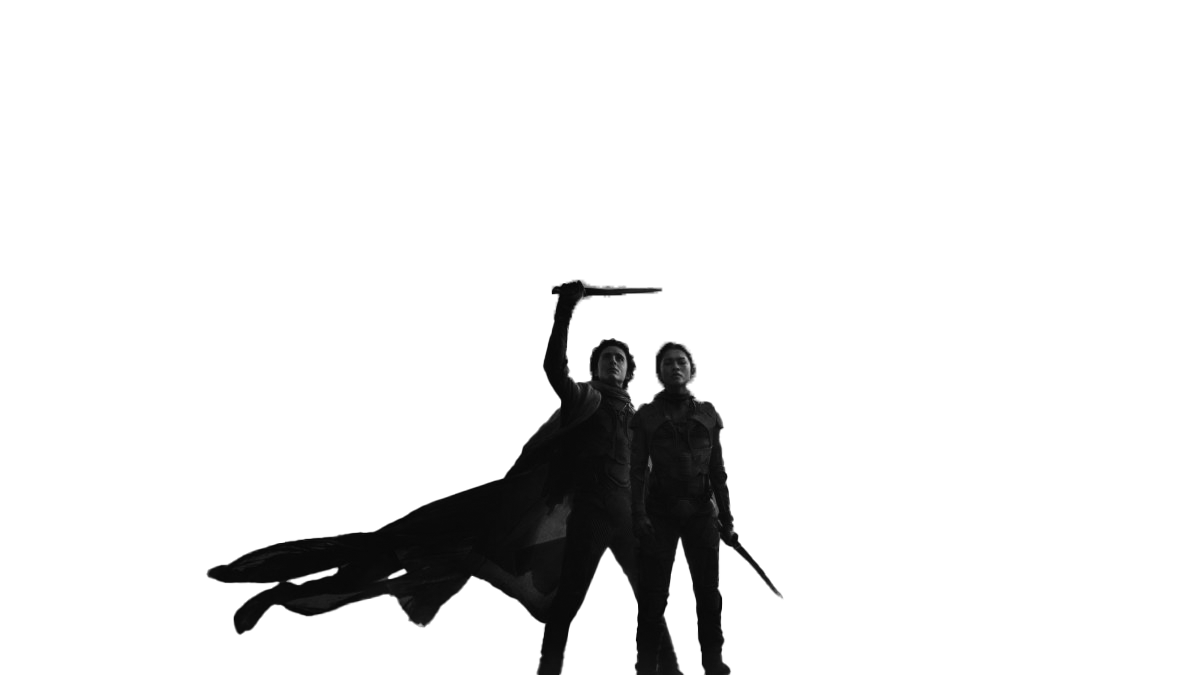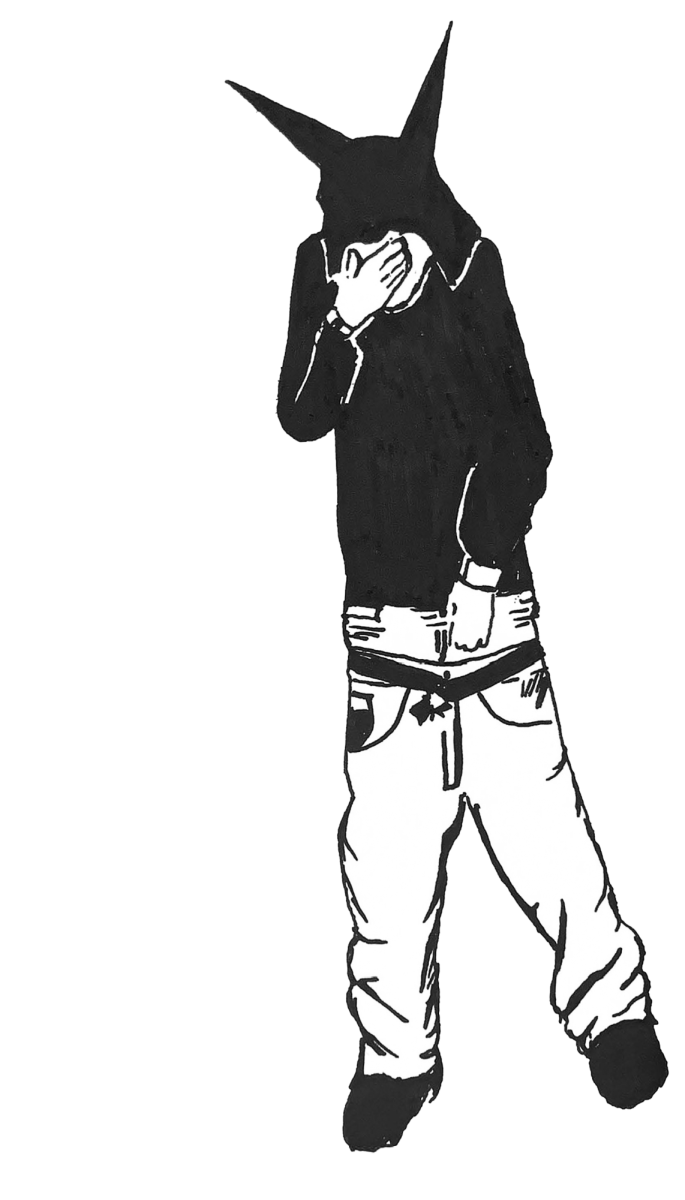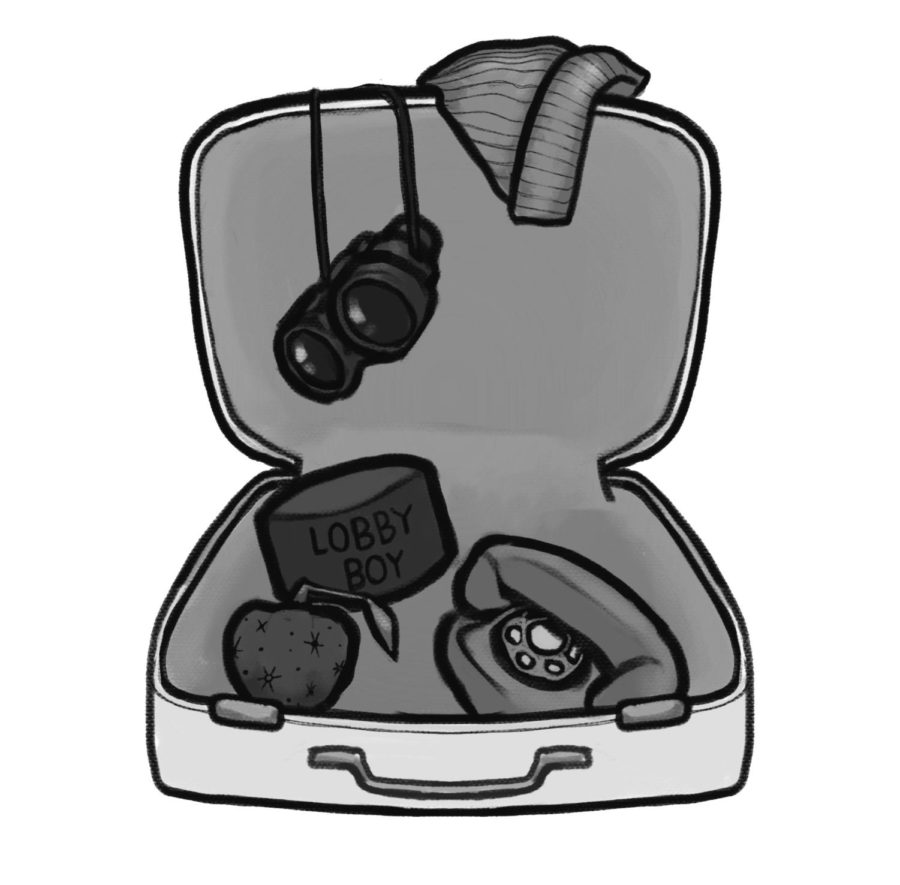If 2023 was the year of Barbenheimer, then 2024 is already shaping up to be the year of Dune: Part II. Director Denis Villeneuve’s continuation of 2021’s Dune was released on March 1, and it has already made over $500 million worldwide. The sequel has taken the movie world by storm: it is currently ranked as the 14th-best movie of all time on IMDB and 12th on Letterboxd. Does it deserve the hype?
I should preface my thoughts by saying that I saw it in the best possible way imaginable. I saw the movie at the newly reopened SIFF Downtown Theater (formerly known as the Cinerama), which is famous for its enormous screen and chocolate popcorn. The packed crowd was invested in the movie from start to finish, and that energy absolutely added to the experience. If your viewing experience is understandably worse than mine, whether it be because of a smaller screen or an unsilenced phone, you might not enjoy it as much as I did. That being said, I believe Dune: Part II is worthy of the immense praise it has been receiving from audiences and critics alike.
Villeneuve ups the ante from Dune in essentially every aspect of Part II. The movie starts mere minutes after Dune ends, throwing you right into the action with a scene that wouldn’t be out of place in a prestige war movie. The movie is at its peak during its multitude of action scenes, which are aided by some of the most jaw-dropping set pieces committed to film in years. Nobody alive is on Villeneuve’s level when it comes to capturing the immense scale of otherworldly, never-seen-before locations. The fully realized, intricate level of detail put into both planets the movie takes place on is astounding.
Dune by Frank Herbert is infamous for being an ‘unfilmable’ novel. Villeneuve has the difficult job of making scenes portraying Paul Atreides’ (played by Timothée Chalamet) moral quandaries about being a prophetic figure, which would signal the beginning of a bloody war (according to the prophecy), just as absorbing as the high-flying battle scenes. If that sounds complicated, that’s because it is. The source material is filled to the brim with numerous ideas about complex topics, such as religion, tyranny, revenge, and romance, all of which are able to be fully fleshed out (the book is almost 700 pages). Dune: Part II, which depicts the second half of Herbert’s Dune, needed to cut a lot of the book and still get the main points across, a tall task. Villeneuve attempts to solve this problem by using extreme close-ups and occasional narration of characters’ thoughts, both of which make it easier for his actors to get their feelings across to the audience. The movie does slow down in these moments, but the story stays engaging.
While Villeneuve does take some creative liberties with the story, he ends the movie similarly to how the book ends, setting up a sequel very nicely (it will be based on Herbert’s Dune Messiah, which has already been greenlit and is confirmed to be the final movie in the trilogy). I, for one, can’t wait.











